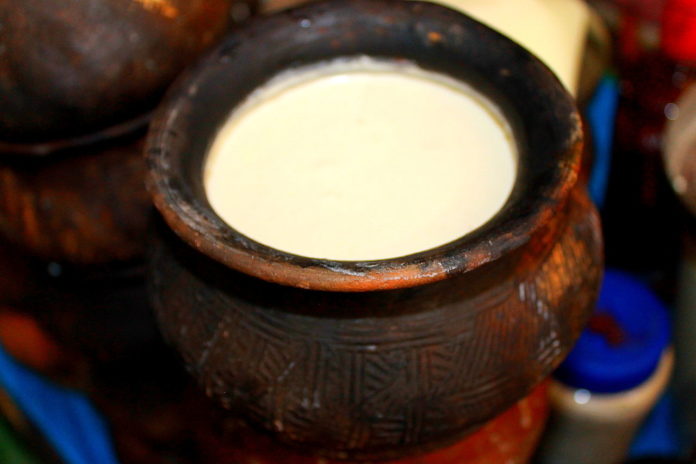
Antibiotic resistance genes reduced by 87.5% when breastfed infants were supplemented with probiotic strains of B. infantis
Probiotic supplementation in breastfed infants can significantly reduce the potential for antibiotic resistance.
Antibiotic resistance genes in the gut flora were reduced by 87.5% when breastfed infants were fed probiotic strain of B. infantis. In the probiotic supplemented group of infants, thirty-eight genes associated with resistance to a wide range of drugs prescribed to treat respiratory, intestinal and urinary infections, chlamydia and acne were reduced.
This research was presented at the 51st ESPGHAN (European Society for Paediatric Gastroenterology Hepatology and Nutrition) Annual Meeting.
Bifidobacteria, called probiotics, are a natural part of the bacterial flora in the human body and have a mutually beneficial relationship with humans. B. infantis is a specific strain of the group. Bifidobacteria promotes good digestion, boosts the immune system, and produces lactic and acetic acid that controls intestinal pH thereby inhibiting the growth of Candida albicans, E. coli, and other disease causing bacteria.
Half the antibiotics taken by humans are not actually needed. In India increasing incidence of antibiotic resistance has complicated the public health battle with many diseases, particularly tuberculosis.
Bifidobacteria constitutes about 90% of the intestinal bacteria in breastfed infants but this number is lower in bottle-fed infants.
Antibiotic resistance is a growing global public health concern and an increasing number of infections are becoming difficult to treat as antibiotics have become less effective against them. According to some estimates, more than half of all the antibiotics taken by humans are not actually needed. In India increasing incidence of antibiotic resistance has complicated the public health battle with many diseases, particularly tuberculosis.
Dr Giorgio Casaburi, lead author of the research, comments, “These results demonstrate that targeted bacterial supplementation is capable of remodelling the ecology of the infant gut microbiome and therefore reduce antibiotic gene reservoirs in children. We found that supplementation with the infant gut symbiont significantly diminished both the abundance and diversity of antibiotic resistance genes”.
Dr Casaburi and his team compared breastfed infants who received a supplemental dose of the probiotic for 21 days with infants who received only breastmilk. After two weeks of supplementation, faecal samples were collected and compared for the presence of antibiotic resistance genes.
“The supplementation offers a novel approach towards providing an alternative, safe and non-invasive method to decrease the number of genes that resist antibiotics in infants” Dr Casaburi said. “This is the first demonstration of significant remodelling of the infant gut microbiome. This modulation could help to reduce the burden and diversity of antibiotic resistance genes in current and future generations”.












